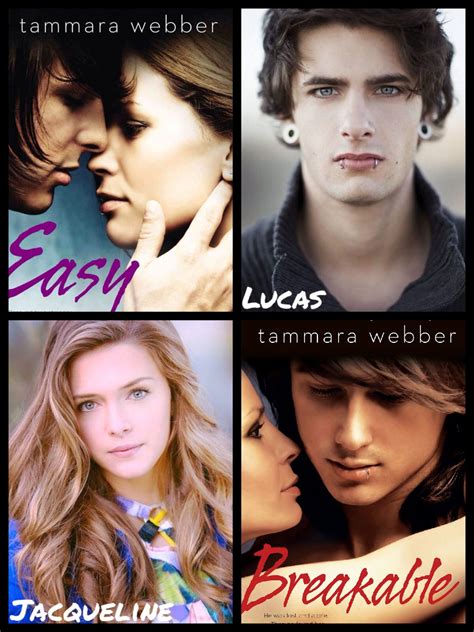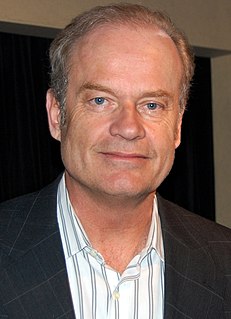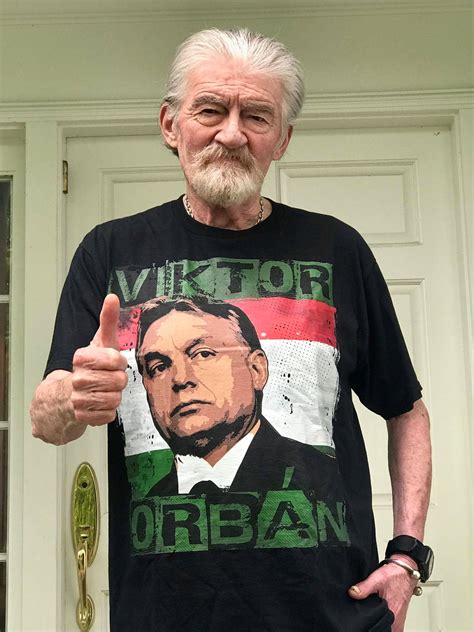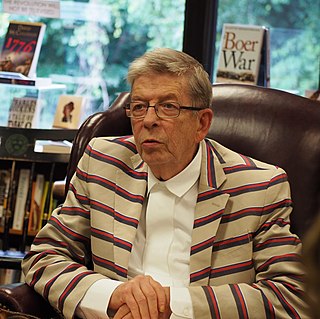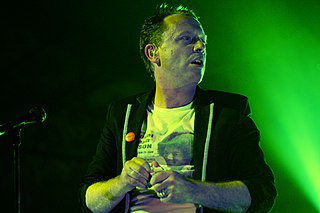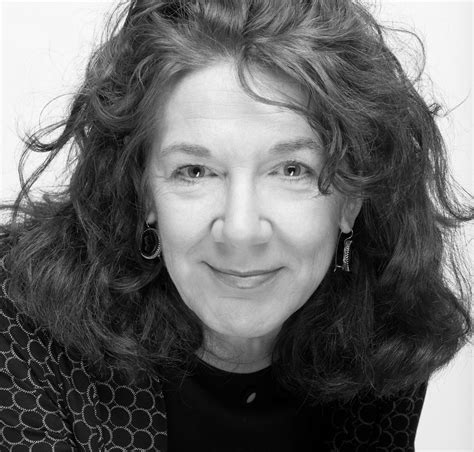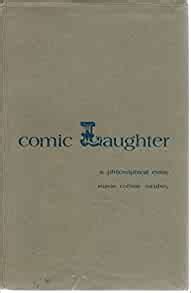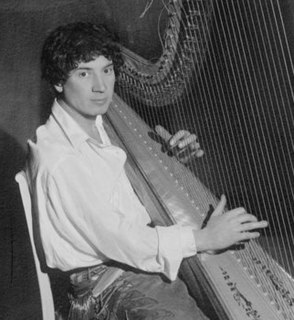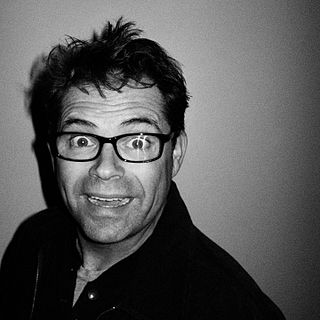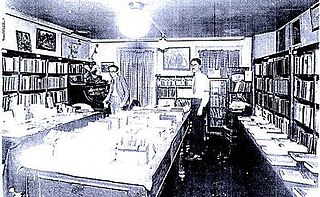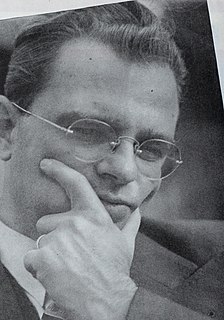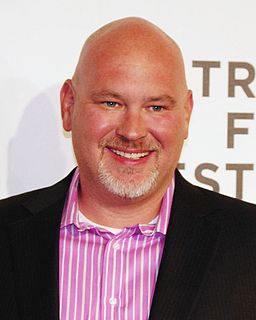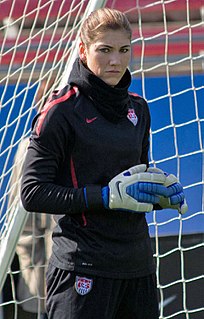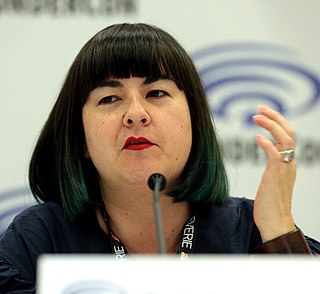Top 1200 Tragic Endings Quotes & Sayings
Explore popular Tragic Endings quotes.
Last updated on April 14, 2025.
People relate to things that feel real to them. All the good, happy, over-sexed and moneyed endings on TV are not the way most of us feel in our lives. The success of 'E.R.,' I think, is not relying on overly sentimental stories that are solved where people's lives wrap up nicely with happy endings.
Best not to look back. Best to believe there will be happily ever afters all the way around - and so there may be; who is to say there will not be such endings? Not all boats which sail away into darkness never find the sun again, or the hand of another child; if life teaches anything at all, it teachers that there are so many happy endings that the man who believes there is no God needs his rationality called into serious question.
There are no happy endings... There are no endings, happy or otherwise. We all have our own stories which are just part of the one Story that binds both this world and Faerie. Sometimes we step into each others stories - perhaps just for a few minutes, perhaps for years - and then we step out of them again. But all the while, the Story just goes on.
Catherine Land liked the beginnings of things. The pure white possibility of the empty room, the first kiss, the first swipe at larceny. And endings, she liked endings, too. The drama of the smashing glass, the dead bird, the tearful goodbye, the last awful word which could never be unsaid or unremembered.
It was the middles that gave her pause. This, for all its forward momentum, this was a middle. The beginnings were sweet, the endings usually bitter, but the middles were only the tightrope you walked between the one and the other. No more than that.
In those early days, the important thing was the happy ending. I did not tolerate unhappy endings - for my heroines, anyway. And later on, I began to read things like 'Wuthering Heights,' and very, very unhappy endings would take place, so I changed my ideas completely and went in for the tragic, which I enjoyed.
The most-asked question when someone describes a novel, movie or short story to a friend probably is, 'How does it end?' Endings carry tremendous weight with readers; if they don't like the ending, chances are they'll say they didn't like the work. Failed endings are also the most common problems editors have with submitted works.
I hate endings. Just detest them. Beginnings are definitely the most exciting, middles are perplexing and endings are a disaster. … The temptation towards resolution, towards wrapping up the package, seems to me a terrible trap. Why not be more honest with the moment? The most authentic endings are the ones which are already revolving towards another beginning. That’s genius.


